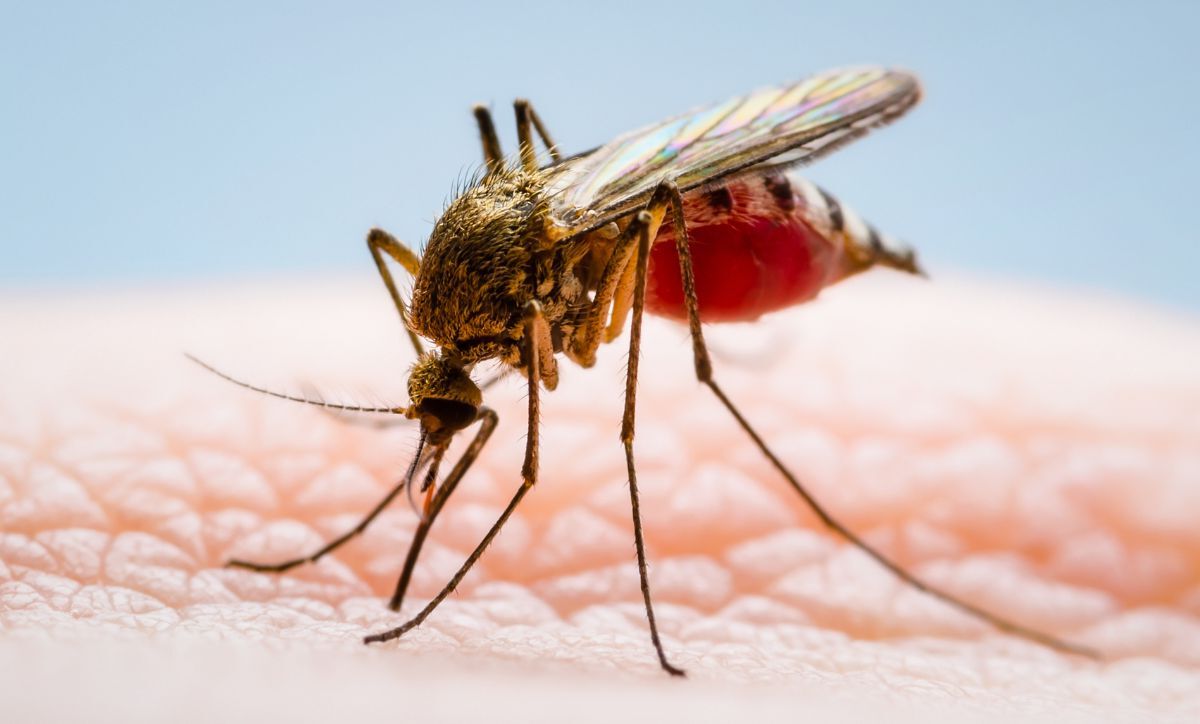
Dengue virus is a mosquito-borne illness that affects millions worldwide each year. But what exactly is it? Dengue virus is a member of the Flavivirus family, transmitted primarily by Aedes mosquitoes. This virus causes dengue fever, which can lead to severe flu-like symptoms. In some cases, it can escalate to dengue hemorrhagic fever or dengue shock syndrome, both of which are life-threatening. Understanding the dengue virus is crucial for prevention and treatment. This article will provide 20 essential facts about the dengue virus, from its origins to its impact on global health. Get ready to learn everything you need to know about this significant public health concern.
What is Dengue Virus?
Dengue virus is a mosquito-borne virus causing dengue fever, a severe flu-like illness. It affects millions worldwide, especially in tropical and subtropical regions. Here are some intriguing facts about this virus.
-
Dengue virus is primarily transmitted by Aedes mosquitoes, particularly Aedes aegypti and Aedes albopictus.
-
There are four distinct serotypes of the dengue virus: DEN-1, DEN-2, DEN-3, and DEN-4. Infection with one serotype provides lifelong immunity to that serotype but not to the others.
-
Dengue fever symptoms typically appear 4-10 days after a mosquito bite and can include high fever, severe headache, pain behind the eyes, joint and muscle pain, rash, and mild bleeding.
Impact of Dengue Virus
Dengue virus has a significant impact on public health, especially in regions where it is endemic. Understanding its effects can help in managing and preventing outbreaks.
-
Dengue fever affects approximately 390 million people each year, with about 96 million cases showing clinical symptoms.
-
Severe dengue, also known as dengue hemorrhagic fever or dengue shock syndrome, can be fatal if not properly treated. It is a leading cause of serious illness and death among children in some Asian and Latin American countries.
-
The economic burden of dengue is substantial, with costs related to healthcare, lost productivity, and vector control efforts.
Prevention and Control
Preventing and controlling dengue virus involves reducing mosquito populations and protecting individuals from mosquito bites. Here are some key strategies.
-
Eliminating standing water where mosquitoes breed is crucial. This includes emptying containers, cleaning gutters, and covering water storage.
-
Using insect repellent, wearing long-sleeved clothing, and sleeping under mosquito nets can help protect against mosquito bites.
-
Community-based programs that educate and engage residents in mosquito control efforts have proven effective in reducing dengue transmission.
Dengue Vaccination
Vaccination is a promising tool in the fight against dengue. However, it comes with challenges and considerations.
-
The first dengue vaccine, Dengvaxia, was approved in 2015. It is recommended for individuals aged 9-45 who have had a previous dengue infection.
-
Vaccination can reduce the severity of the disease and the likelihood of hospitalization, but it is not a substitute for other preventive measures.
-
Research is ongoing to develop more effective and broadly applicable dengue vaccines.
Dengue Virus Research
Research on dengue virus is vital for developing better treatments, vaccines, and control strategies. Here are some recent advancements.
-
Scientists are exploring antiviral drugs that can target the dengue virus and prevent it from replicating in the body.
-
Genetic modification of mosquitoes to reduce their ability to transmit dengue is being tested in several countries.
-
Improved diagnostic tests are being developed to quickly and accurately detect dengue virus infections, aiding in timely treatment and control measures.
Global Efforts and Challenges
Combating dengue virus requires coordinated global efforts and overcoming various challenges. Here are some key points.
-
The World Health Organization (WHO) has launched the Global Strategy for Dengue Prevention and Control, aiming to reduce dengue mortality by 50% and morbidity by 25% by 2020.
-
Climate change is expected to expand the range of Aedes mosquitoes, potentially increasing the spread of dengue to new regions.
-
Urbanization and population growth contribute to the spread of dengue by creating more breeding sites for mosquitoes and increasing human-mosquito contact.
Personal Stories and Experiences
Hearing personal stories and experiences can provide a deeper understanding of the impact of dengue virus on individuals and communities.
-
Many dengue survivors describe the illness as one of the most painful experiences of their lives, often referred to as "breakbone fever" due to the severe joint and muscle pain.
-
Community leaders and health workers play a crucial role in dengue prevention and control, often going door-to-door to educate residents and eliminate mosquito breeding sites.
Key Points to Remember
Dengue virus is a serious health concern affecting millions worldwide. Understanding its transmission, symptoms, and prevention methods can save lives. Mosquitoes, particularly Aedes aegypti, spread this virus. Symptoms include high fever, severe headache, pain behind the eyes, joint and muscle pain, rash, and mild bleeding. There's no specific treatment, but early detection and proper medical care lower fatality rates. Prevent mosquito bites by using repellents, wearing long sleeves, and eliminating standing water where mosquitoes breed. Vaccines are available in some regions, but they aren't a substitute for preventive measures. Public awareness and community efforts play crucial roles in controlling outbreaks. Stay informed, take precautions, and spread knowledge to help combat dengue.
Was this page helpful?
Our commitment to delivering trustworthy and engaging content is at the heart of what we do. Each fact on our site is contributed by real users like you, bringing a wealth of diverse insights and information. To ensure the highest standards of accuracy and reliability, our dedicated editors meticulously review each submission. This process guarantees that the facts we share are not only fascinating but also credible. Trust in our commitment to quality and authenticity as you explore and learn with us.


